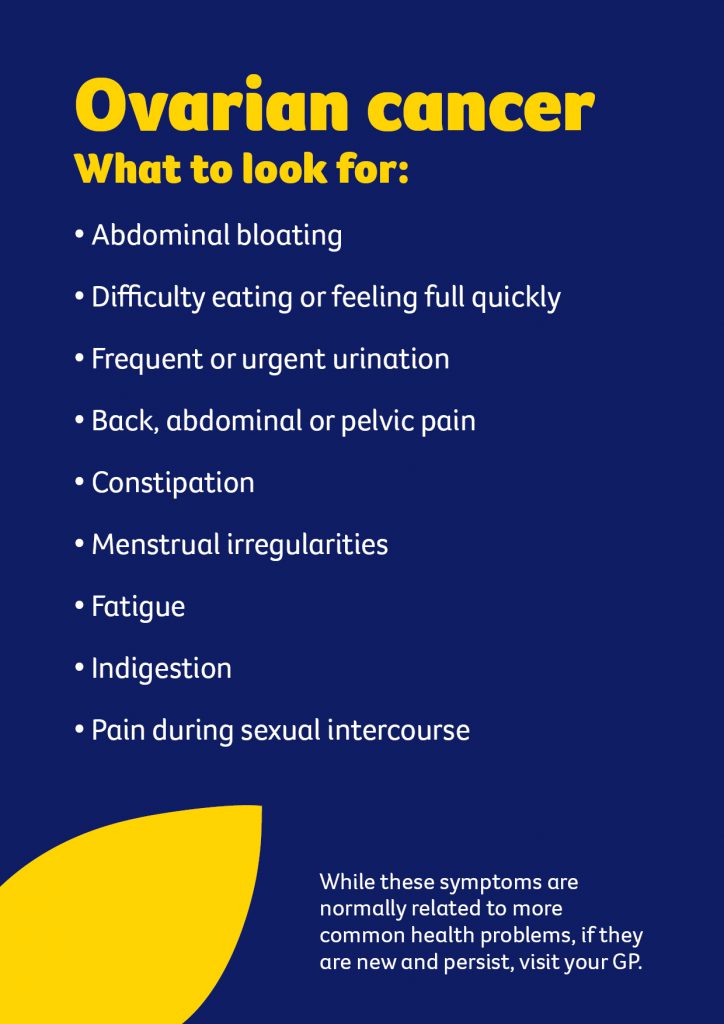More women are dying from ovarian cancer than any other gynaecological cancer, as hard-to-detect symptoms are making early detection difficult.
This month for Ovarian Cancer Awareness Month, Cancer Council Queensland is urging women to talk about ovarian cancer and understand the potential symptoms in an effort to save more lives.
Around 280 women are diagnosed with ovarian cancer annually in Queensland, yet only one in two of those women will survive five years (48 per cent). This year an estimated 190 women will die from the disease.
Cancer Council Queensland CEO Ms Chris McMillan said getting to know the symptoms of ovarian cancer and the look and feel of your body, and understanding any changes was key to combatting the disease.
“If detected early, between 80 and 100 per cent of women diagnosed will survive at least five years[1],” Ms McMillan said.
“We know that ovarian cancer is one of the hardest cancers to detect as symptoms can be vague and too often the cancer has spread before it is picked up.
“While five-year survival rates for uterine cancer, the most common gynaecological cancer, is around 84 per cent in Queensland, ovarian cancer survival rates are significantly lower at 48 per cent, and need improving.
“The simplest way we can start to address this is to urge women to get to know the signs and symptoms of the disease, and speak to their GP when they notice changes to their body that are new and persist for a few weeks.
“Symptoms may include increased abdominal size or bloating, unexplained abdominal or pelvic pain, loss of appetite, unexplained weight gain or loss, back pain, indigestion, nausea or excessive fatigue.”
Ovarian cancer is more commonly diagnosed in women over 50, but all ages need to stay vigilant.
Symptoms can be vague and similar to common illnesses, but when these symptoms are new, or have persisted for a few weeks, make an appointment with your general practitioner.
“This Ovarian Cancer Awareness Month, with your support, we will continue to invest in research and support for those affected, including carers and families,” Ms McMillan said.
“If women have questions regarding ovarian cancer, they should visit their GP or call Cancer Council’s 13 11 20 for access to cancer publications, confidential support and referrals.”
More about Cancer Council Queensland is available via cancerqld.org.au or 13 11 20
[1] Ovarian Cancer Research Foundation, Survival rates in Australia. https://ocrf.com.au/about-ovarian-cancer/statistics/


